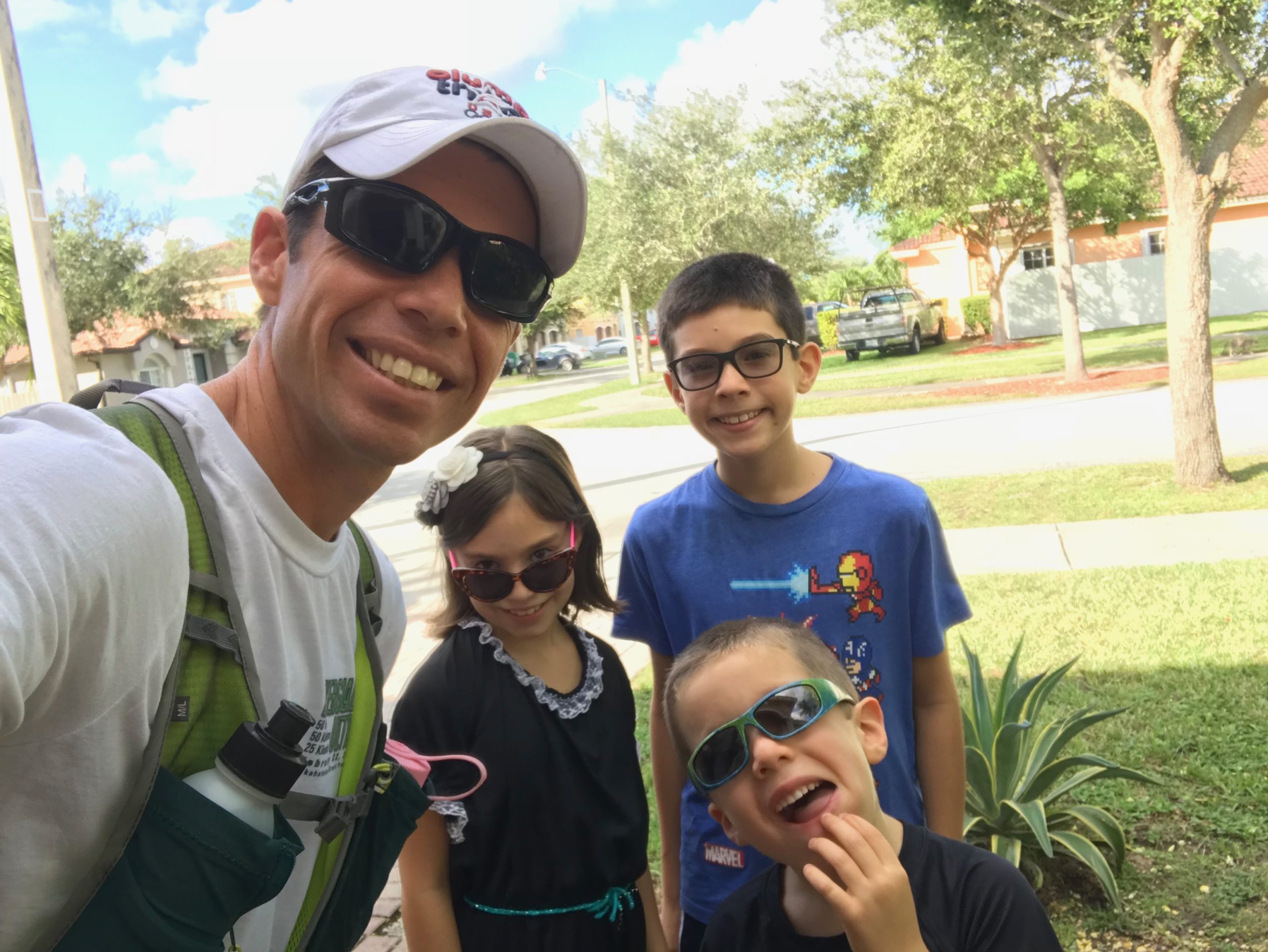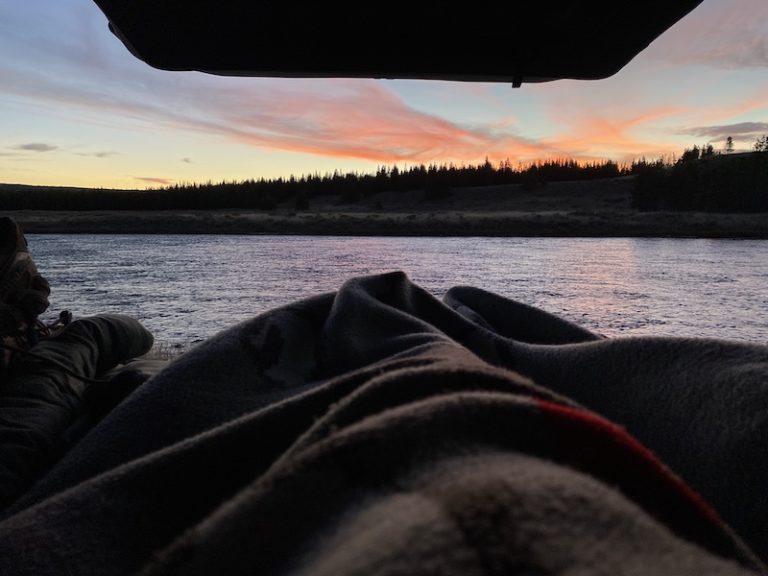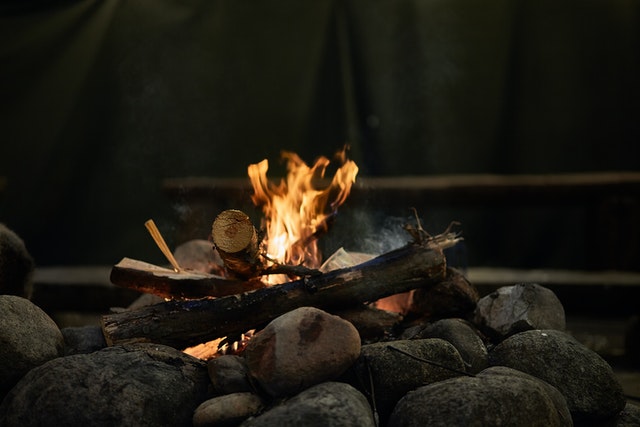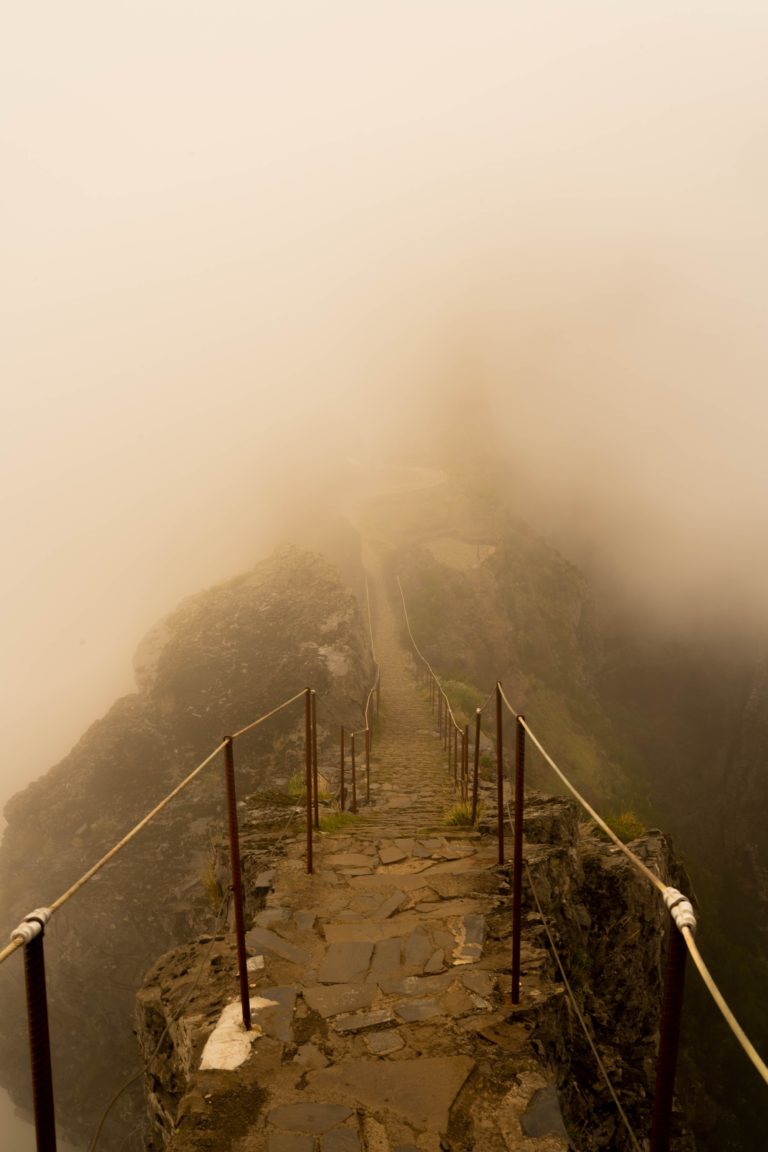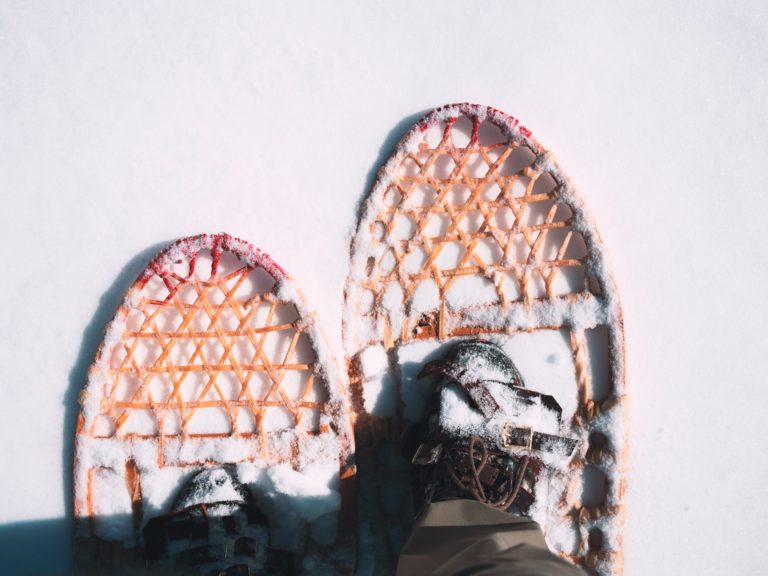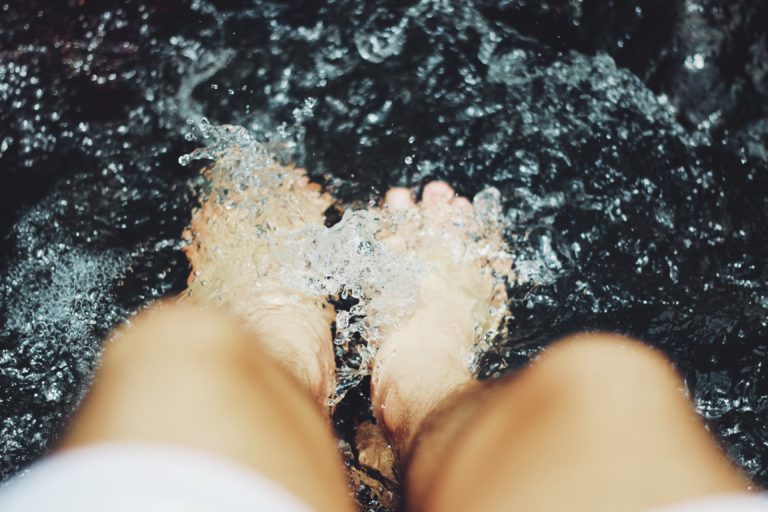How to Get Your Kids to Love Adventure
If you have kids and want to instill the adventure spirit in them, then frequency, access, and awareness are king. That means for most of us frequency and access will be achieved through mini exposures and the awareness will come through a lens of adventure in which to view the world.
Let’s dive deeper.
Adventure Psychology
As a father of 3, I have the desire that my kids embraced adventure. I decided to put my expertise to use. One of the things I am an expert in is getting my clients to create behavioral changes and adopting new habits that serve them. Behavioral psychology research says that if you want to develop a new habit or behavior you need 3 critical ingredients: high frequency, easy access, and awareness.
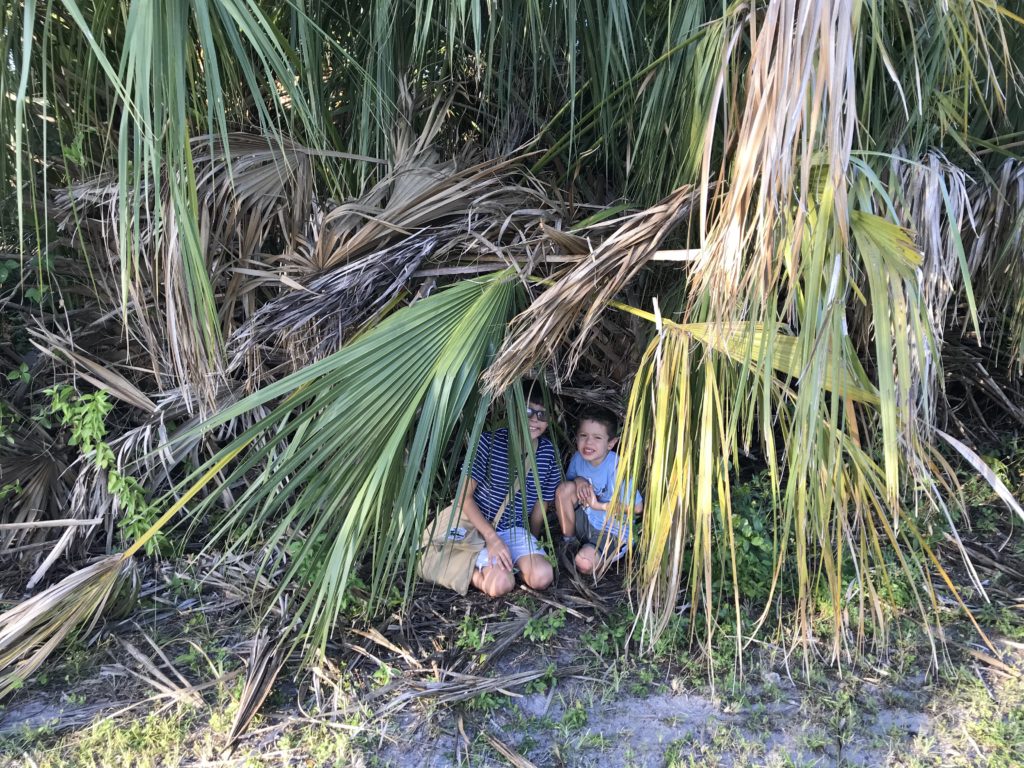
The tendency is to think of that one big, perfect, adventure trip is going to get your kids to love adventure. The reality is that the research doesn’t support it at scale. We’ve discussed in previous posts that adventure is not just going out on an excursion but a frame of mind of curiosity and embracing the unknown. Don’t get me wrong, a big trip can be great because you can go deeper on a long trip, you increase the chances that something goes wrong or not to plan, which is actually a good thing which I’ll explain later. The problem is it is not enough exposure to consistently shift behavior. It is like exercising once a year versus daily. The frequency will improve the outcome and makes it second nature.
Focus on multiple mini-adventures monthly. That can be anything really if you frame it as an adventure. When the kids were young, I remember walking to the grocery store 1 mile from my house as our adventure. We’d walk to the grocery store by a canal and see iguanas, ducks, dogs, fish, pigeons, and lots of cars on the road. Then we’d go inside the grocery store, buy a loaf of Cuban bread, then walk home eating the bread, telling stories, and laughing. We were making memories, and reinforcing the beauty of adventure, and exploring nature. Without the kids knowing I was also building some strength for future adventures like the time we hiked and camped along the Appalachian Trail when my youngest was 3 years old.
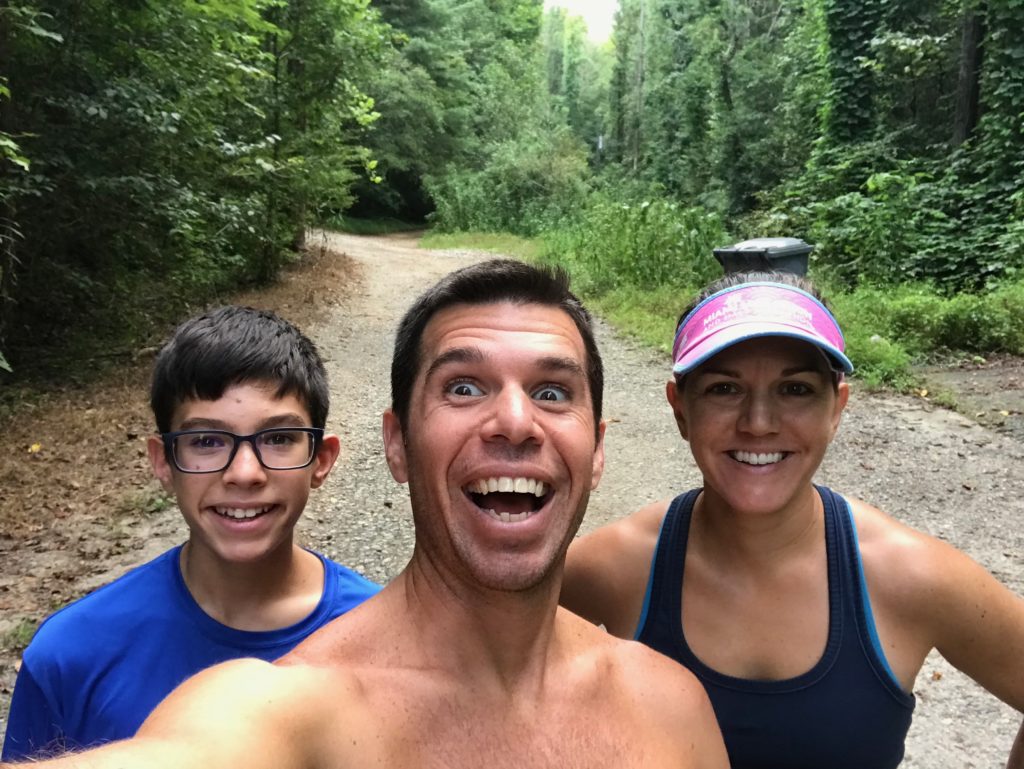
When things go wrong:
Let’s talk about things going wrong. Believe it or not, this is actually a great thing as long as it isn’t traumatizing. What really will impact the way they look at it will be determined by how you respond to it. They will take cues off of you. If you complain and moan about how it sucks to camp in the heat or the rain, then they will too. If you show them the nuances of camping in the rain or heat and make it fun they will adopt that view for the most part.
When things go wrong or not to plan it gives an anchor to the memory to be told and laughed about in the future. When you think back to any of your adventure train wrecks like running out of gas, getting lost, being scared on the climb up the mountain because it was steep, or when it rained the entire time you were out in the bush when you tell the story it is told with a certain badge of honor that you survived it. What it does to the brain is really solidify adventure as something you’d like to experience again. It reinforces that you can overcome adversity, that you are strong, and that you can figure out the unknown.
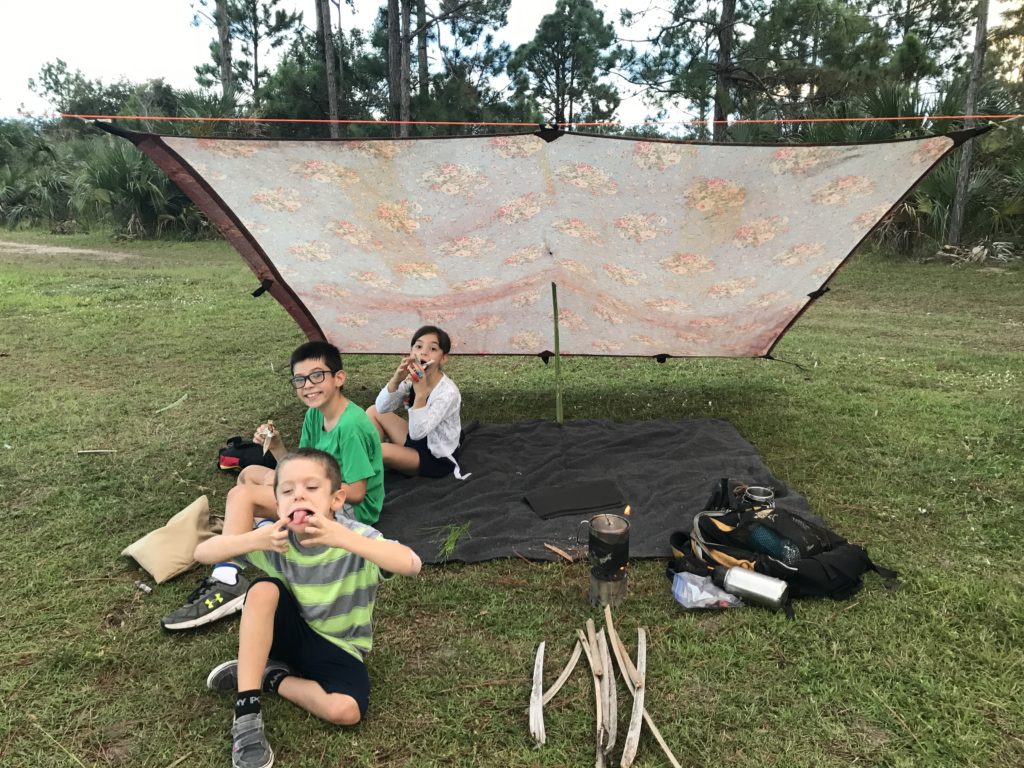
Playbook:
Now it is time to assess your plan and be intentional. If you have little kids you are in a great place to indoctrinate them in the adventure life. You may not have been going on many adventures lately but I have found we do things for our kids that we would not prioritize for ourselves. It is not too late. If your kids are older this is a perfect opportunity to spend some impact time with them. Fun is the key. Meet them where they are and walk them a little further each time.
If you want a challenge attempt to plan a mini adventure for every week of the year. That is a total of 52 weeks in a year and 520 adventures in a decade. Imagine the wiring, learning, and growth they will receive even if you only did a fraction of that.
Let me clarify, that doesn’t mean camping every weekend unless you want to. What it does mean is how do you frame things for your kids. That could be going out for a walk and focusing on the plant life or the animals you see. It could mean going to a park and exploring the playground in a unique way. It could mean going on a canoe and fishing. Whatever it is, be intentional in explicitly saying you are going on an adventure and make it fun, crazy, new, or even a little dangerous.

Adventure on,
Armando

